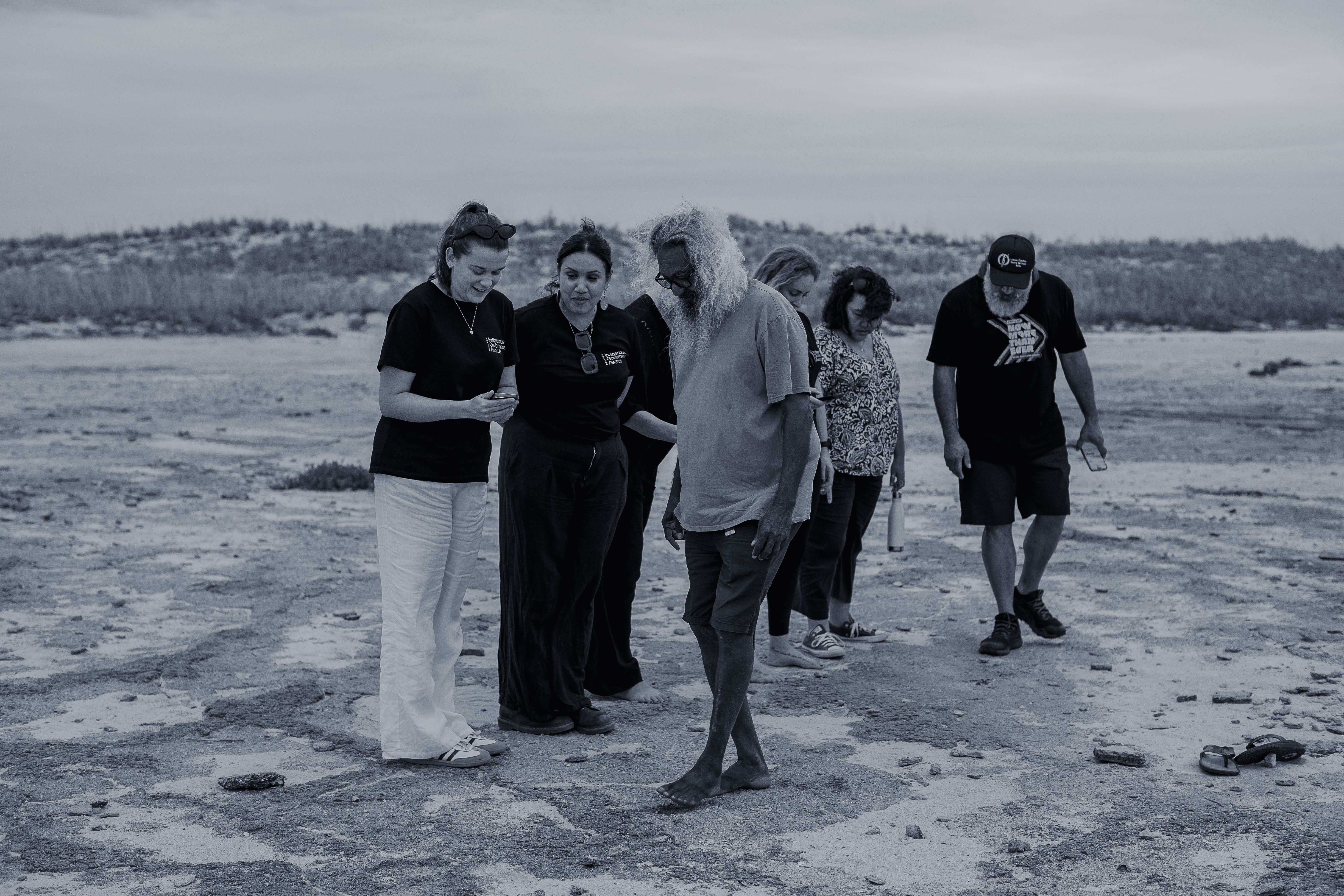To help Aboriginal and Torres Strait Islander corporations understand what Data Sovereignty means and why it matters...
Deciding whether to incorporate

|
Feature |
Incorporated |
Unincorporated |
|---|---|---|
|
Activities |
A separate legal entity that can do things in its own name:
|
Not recognised as a legal entity, cannot do things in its own name:
|
|
Regulatory requirements |
Must follow incorporation laws and government regulations. Must report to the relevant incorporation regulator (ORIC or ASIC). |
Do not have to follow many of the requirements or complete the forms imposed on corporations. Less government regulation and red tape. |
|
Costs |
Involves large start-up costs and ongoing workload:
|
Do not have to pay the costs associated with incorporation. |
|
Liability |
Limited liability for individuals – protects members from being personally liable for the corporation’s debts.8“How to decide whether your group should incorporate,” Justice Connect, updated February 2022, [link] |
Does not have the benefits of limited liability – if something goes wrong, individual members can be held responsible. |
|
Succession |
Perpetual succession – the separate entity continues even when your members change or leave. The entity exists until it’s deregistered or ‘wound up’.9“How to decide whether your group should incorporate,” Justice Connect, updated February 2022, [link] |
No perpetual succession- if membership changes, group may not be recognised by others. |
|
Funding |
Increased funding options – easier to get government funding, grants and donations. Some government grant programs only give money to incorporated entities. Some tax concessions more easily available for incorporated groups.10“How to decide whether your group should incorporate,” Justice Connect, updated February 2022, [link] Easier to get charity status. |
Difficult to get grants, tax concessions, donations, government funding and charity status. |
|
Cultural ways of governing |
Less freedom to integrate cultural ways of governing into organisational arrangements. |
Greater freedom to integrate cultural ways of governing into organisational arrangements. |
|
Flexibility and control |
More formal and less flexibility. Less control over agenda and less flexibility in decision-making procedures. |
More informal and greater flexibility. Greater control over agenda and flexibility in decision-making procedures. |












.png)

